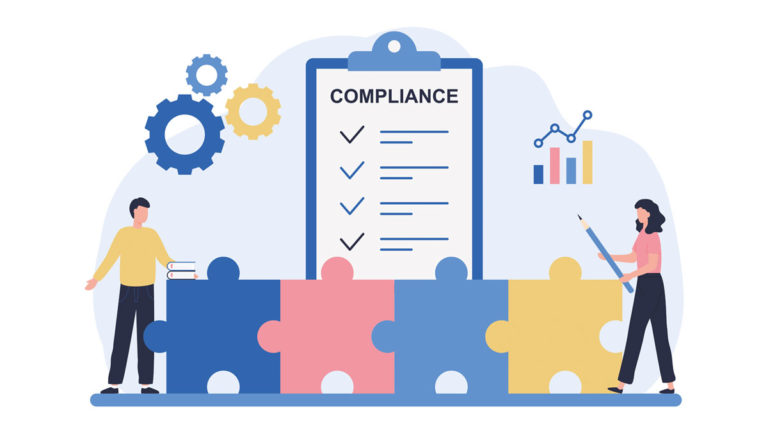From Idea to Enterprise: Supertax’s Roadmap for Starting a Business in Australia

Starting your own business in Australia is an exciting yet challenging journey. Success hinges on thorough planning and understanding the key steps involved. This guide will walk you through the essential stages of establishing your business, covering legal structure, company registration, tax obligations, and accounting practices. By mastering these steps, you can set your business up for long-term success while avoiding common pitfalls.
1. Choosing the Right Legal Structure
Selecting the appropriate legal structure is crucial for your business’s operations and liability management:
- Sole Trader: Simple to establish but the owner is personally liable for all debts.
- Company: Offers limited liability but requires more complex compliance and reporting.
- Partnership: Shared responsibilities and profits among two or more partners, with personal liability for debts.
- Trust: Potential tax benefits but includes higher administrative costs.
2. Business Registration Essentials
- Australian Business Number (ABN): Register with the Australian Business Register to obtain your ABN—a mandatory requirement for business operations.
- Business Name Registration: Verify the availability of your business name and register it if needed. Securing a matching domain name is also important for your online presence.
3. Registering for Taxes
- Goods and Services Tax (GST): If your annual turnover exceeds $75,000 AUD, you must register for GST. This 10% tax on goods and services is collected and remitted to the Australian Taxation Office (ATO) after deducting GST paid to suppliers.
- PAYG (Pay As You Go) Withholding: If you plan to employ staff, you need to register for PAYG Withholding and secure workers’ compensation insurance according to your state’s regulations.
4. Understanding Your Tax Obligations
- Income Tax: Your tax obligations depend on your legal structure. Companies pay a flat corporate tax rate, while sole traders report their income on personal tax returns.
- Deductions: Familiarize yourself with available tax deductions, such as business expenses, depreciation, and operational costs.
5. Accounting and Bookkeeping
Proper financial management is essential for a successful business:
- Bookkeeping: You can manage your own bookkeeping or hire a professional accounting service. A qualified accountant can streamline financial tasks, manage cash flow, and ensure compliance.
- Documentation: Maintain accurate records of transactions and agreements. This practice simplifies tax reporting and provides insights into business performance.
- Tax Compliance: An experienced accountant will help ensure that you meet your tax obligations, including filing returns and making payments on time. They can also offer advice on tax planning strategies to optimize your financial position.
6. Understanding Local Regulations
Ensure compliance with industry-specific regulations:
- Licenses and Permits: Identify the necessary licenses and permits based on your location and industry to avoid penalties.
7. Insurance Coverage
Protect your business with the appropriate insurance:
- Liability Insurance: Safeguards against claims related to injuries or damages.
- Workers Compensation: Mandatory for businesses with employees.
- Property Insurance: Protects your physical assets against damage or theft.
8. Financial Reporting
Regular financial reports are key to understanding your business’s health:
- Reports: Profit and loss statements, cash flow reports, and balance sheets provide a snapshot of financial performance.
- Decision-Making: Use accurate financial data to make informed strategic decisions.
9. Developing a Growth Strategy
Planning for growth ensures your business remains competitive:
- Growth Plan: Create an action plan that outlines investment opportunities, scaling operations, and potential structural changes.
10. Regular Monitoring and Reviews
Continuously reviewing your business structure and performance helps maintain optimal operations:
- Reviews: Conduct regular reviews of your financial reports, tax obligations, and overall structure.
- Adjustments: Adapt your strategy based on performance insights and changing market conditions.
Final Thoughts
Each step should be customized to your business’s needs and circumstances. Seeking professional advice from accounting, tax, and legal experts like Supertax can help you navigate the complexities of starting and growing your business. By ensuring compliance, optimizing financial management, and planning for the future, you can pave the way for lasting success.








































